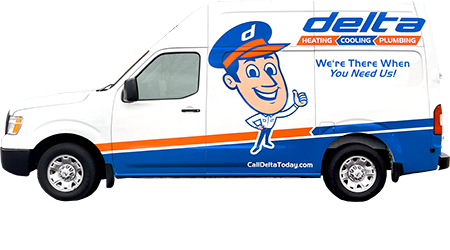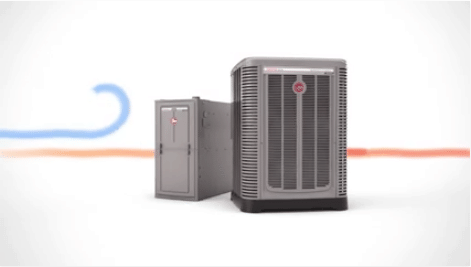Air Filters 101
With North Carolina’s steamy summer just around the corner, many Raleigh residents are searching for ways to save money on their cooling bills. One of the easiest ways to conserve some energy — and some bucks — is to change your AC filters frequently. But it’s also important to understand the function of this inexpensive yet critical household supply and the best type to buy for your needs.
Why Do You Need Filters?
HVAC filters are critical components of your home’s heating, ventilation and air conditioning system. Your home likely has at least two filters to clean the air and remove bacteria, smoke, mold spores, dust and other undesirable particles. In the summer, your AC filters keep your house mercifully cool; in winter, your furnace filters help keep things toasty.
Filters also prevent dust from building up in your ducts, blower and coils. By keeping critical HVAC components free of dust and other grime, filters help your system perform more efficiently and last longer.
Changing Your Air Filters
How often should you change your filters for optimal system performance? It depends on several factors:
- The type of filters you’re using.
- Your location and the time of year.
- How frequently you’re running your furnace or AC.
In general, we recommend changing filters every one to three months. During the coldest and warmest months, it’s best to change them more frequently than during more temperate times of year. In central North Carolina, plan to change your furnace filters monthly during the summer and in the coldest part of the year, between December and February. For specific recommendations, you also can check manufacturer’s recommendations for your particular filter type.
Changing your furnace air filters is fairly simple. They’re located inside return vents, which typically are on a wall or ceiling. To change them, open the return, remove the old filter, place a new one and close the return. Filters also may be located within your HVAC system, making them a little more difficult to change.
Types of Filters
Furnace air filters come in a variety of sizes, and they usually are not interchangeable. You may have several different sizes of filters within your home ranging between 10 by 10 inches and 30 by 36 inches. Filters usually are 1 inch thick, but some homes use filters as thick as 5 inches. The size typically is printed on the side of the filter. If you don’t have a filter handy, you also can measure the width and length of the space.
Filters also have varying MERV ratings, which let you know the percentage of particles you can expect the filter to remove from your home’s air.
- A MERV rating of 6 indicates that the filter should stop about half the particles.
- A rating of 8 should stop 70 to 85 percent of particles.
- A rating of 11 or higher should filter 95 percent of particles.
Before the summer heat hits, consider having your air-conditioning system serviced for maximum efficiency and cooling power. If you’re in the Raleigh area, contact the professionals at Delta Heating & Cooling at (919) 256-5120 to schedule a service call.

